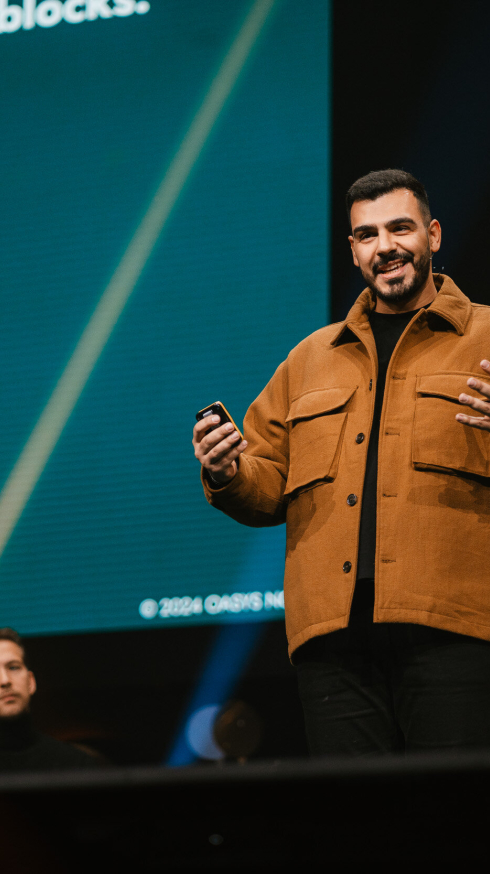

In the spotlight
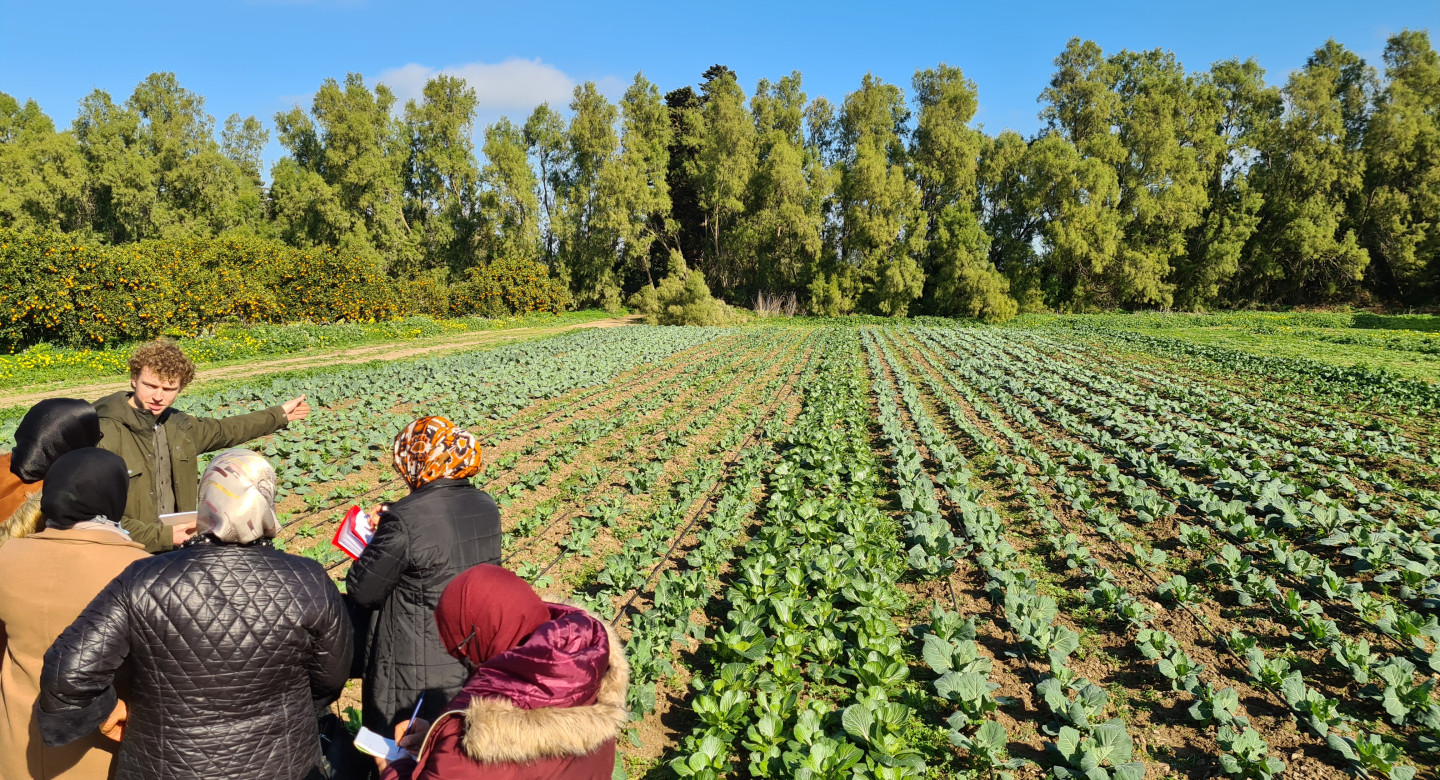
More than three years ago, international delegations, experts and activists flocked together in Egypt to agree on next steps to take to limit climate change. Agriculture is part of the problem, but also part of the solution. Since the conference in Sharm el Sheikh, the Dutch agrifood sector started working together with partners in Egypt and beyond to develop solutions for climate adaptation and mitigation. And more often than not, these strategies and technologies revolve around sustainable soil and water management.
Climate change is one of the most important threats to food security. Farmers around the world face extremely hot summers, water scarcity and salty soils. And even if they’d love to, they don’t always have the money to invest in technology and solutions that can help them adapt to changing climates. To prepare our agrifood and horticulture sectors for a future of limited raw materials and even more extreme weather, we must learn from each other and combine our knowledge and expertise. For example in the fields of climate-resilient seeds and breeds, water efficiency and soil management.
More than anything, farmers in Egypt and beyond need real solutions. Solutions that help them improve the health of their land and crops, decrease their use of precious water resources or improve their production and productivity. That’s why Egyptian and Dutch companies and research institutes started working together in several projects on climate and water-smart agriculture that directly benefit the farmers themselves.
The DESALT consortium, for example, not only consists of Dutch saline farming specialists The Salt Doctors, Delphy and Nectaerra, but also includes local farmers and other Egyptian parties, such as social enterprise SEKEM. Their main goal? To find ways to reduce salinity levels in soils and test new, salt-resistant crops. And based on that, to come up with affordable DESALT technology and interventions that local farms can adopt directly.
Another key player in promoting knowledge exchange across borders is Wageningen University & Research, the Netherlands’ leading agriculture university. Wageningen researchers from different backgrounds work with their Egyptian counterparts and local farmers and professionals to find the tools and technology to farm a climate-smart future. Wageningen Plant Research and Nectaerra, for example, currently focus on testing cover and companion crops. Adding new crops not only contributes to a larger agrobiodiversity, it also helps farmers manage their soil and water usage better. And reduces their need for chemical fertilisers and pesticides.
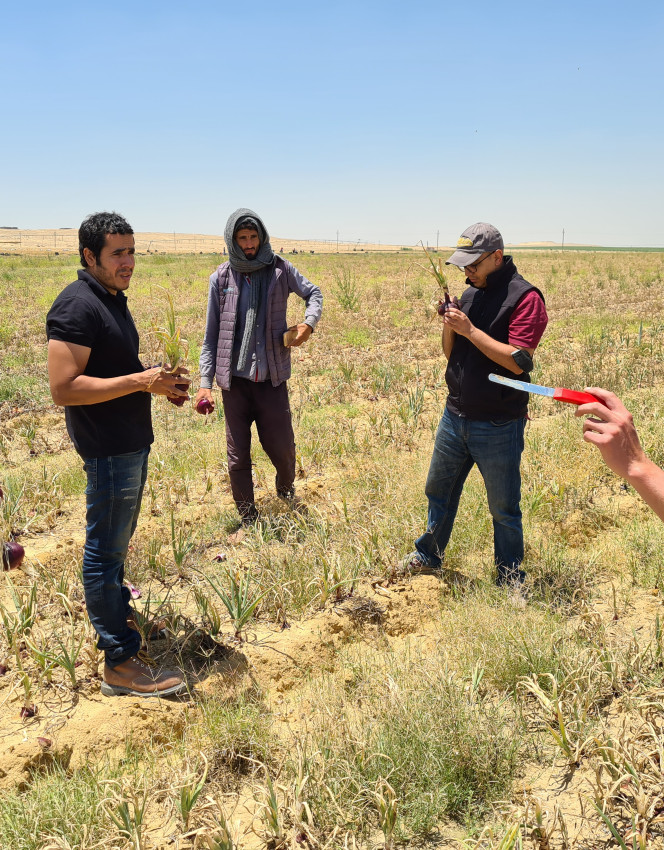
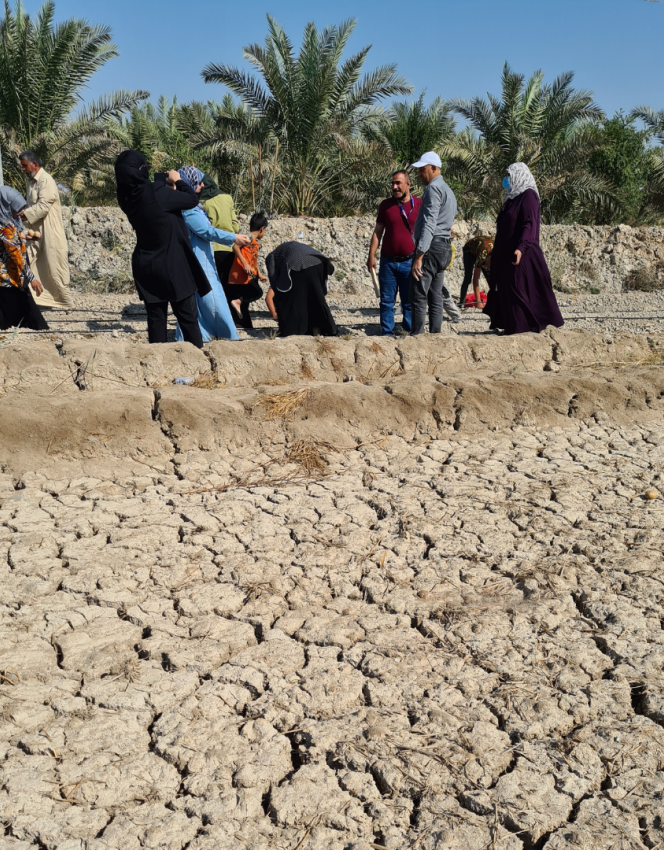
Knowledge exchange not only takes place in the field. Trade shows and conferences are great opportunities to meet new people and start the conversation on how we can work together better. On the road to Sharm el-Sheikh, Dutch experts shared their experiences during knowledge sessions at Aquaculture Africa and SAHARA Expo. During the flagship seminar ‘Many Faces of Climate Adaptation’ at SAHARA’s NL Pavilion, Dutch and Egyptian experts discussed topics such as innovative tools for irrigation management and the potential of micro-organisms to reduce crop stress.
Also present at the NL Pavilion were Dutch companies HZPC, Delphy International, Go&Grow Farm Solutions, Aeres Group, Ag Leader Technology, Bioclear earth and IrriWatch. Some ready to test Egyptian waters, others with some experience in Egypt under their belt already. And all eager to share their solutions to unite water and food for a climate-proof future. Remote sensing company IrriWatch, for example, already partnered with Egyptian AgTech startup PlatFarm to integrate their data with PlatFarm’s platform, which helps farmers reduce post-harvest loss.
It goes without saying: agriculture and food are important topics at COP27 as well. Clim-Eat, a Think and Do Tank for food and climate hosted by the Netherlands Food Partnership, will be present to mobilise COP participants to take radical climate action on food and agriculture.
Via Clim-Eat, the Netherlands also contributed to a number of COP27 flagship initiatives developed under Egyptian leadership. The Food and Agriculture for Sustainable Transformation (FAST) initiative, for instance, aims to increase climate finance for more sustainable agriculture and food systems, especially in developing countries. Our suggested NL-Masr CaWSA (Climate and Water Smart Agriculture) project focuses on climate action through peer-to-peer knowledge exchange and capacity development.
Inspired by COP27, and as COP29 in Baku is just around the corner, six Dutch organisations established the Institute for Agriculture in Salinising Deltas with the aim of learning to use the available freshwater sparingly and smartly, and to make the agricultural system salinisation-proof. As always, the Netherlands stands ready to partner with like-minded countries to take concrete action for climate adaptation and mitigation.
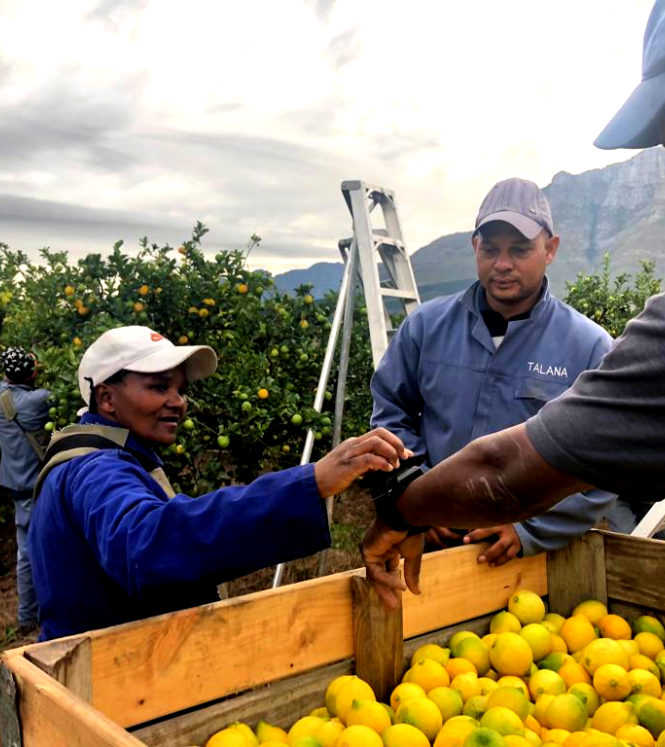
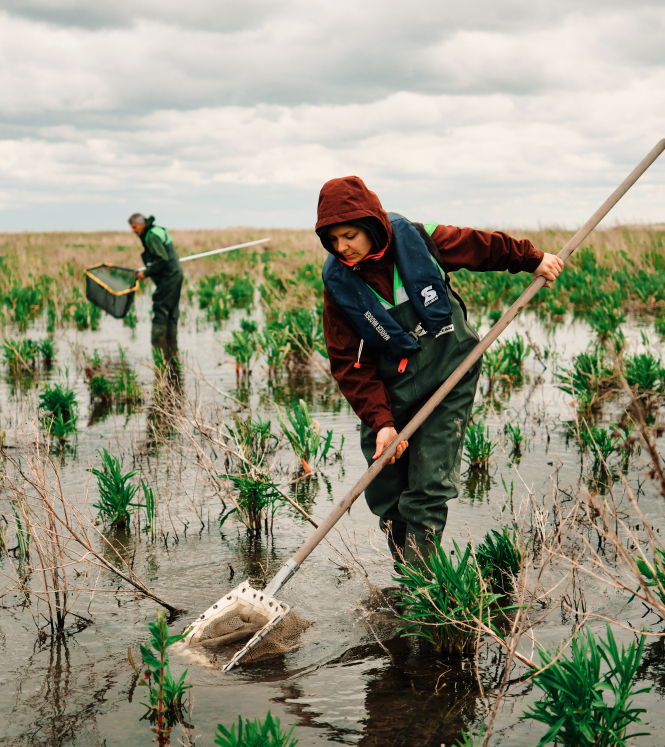
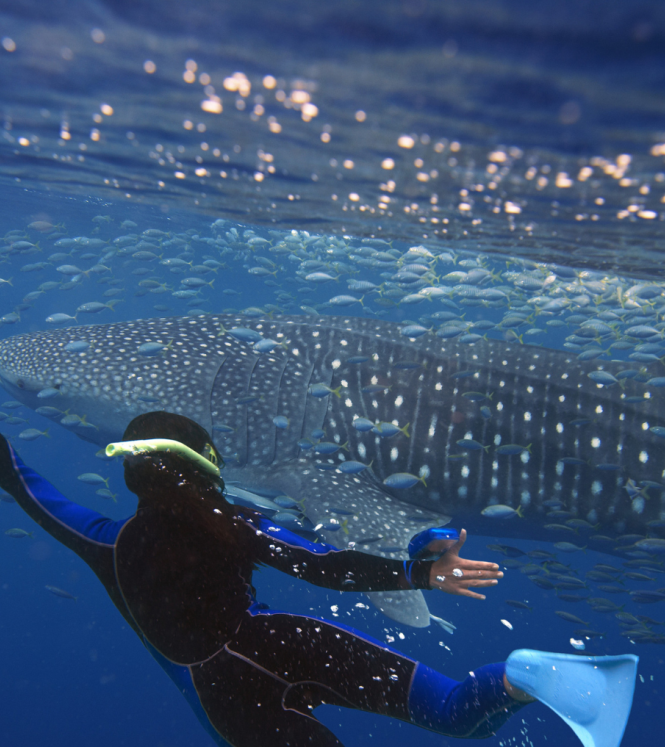
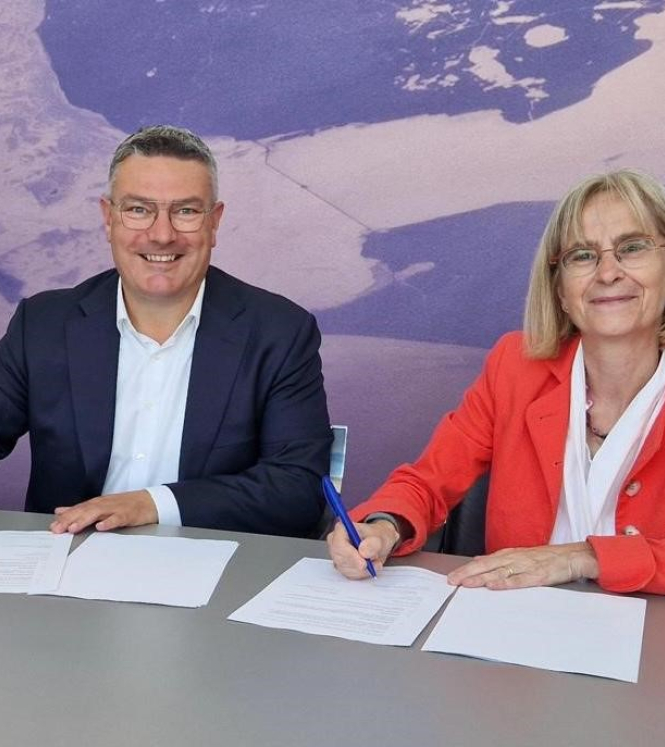
Want to know more about how you can work together with the Netherlands to achieve your goals? Or how you can help contribute to or spread the word on campaigns, events and initiatives? Contact us directly at info@nlbranding.nl so we can help you connect to the right people.